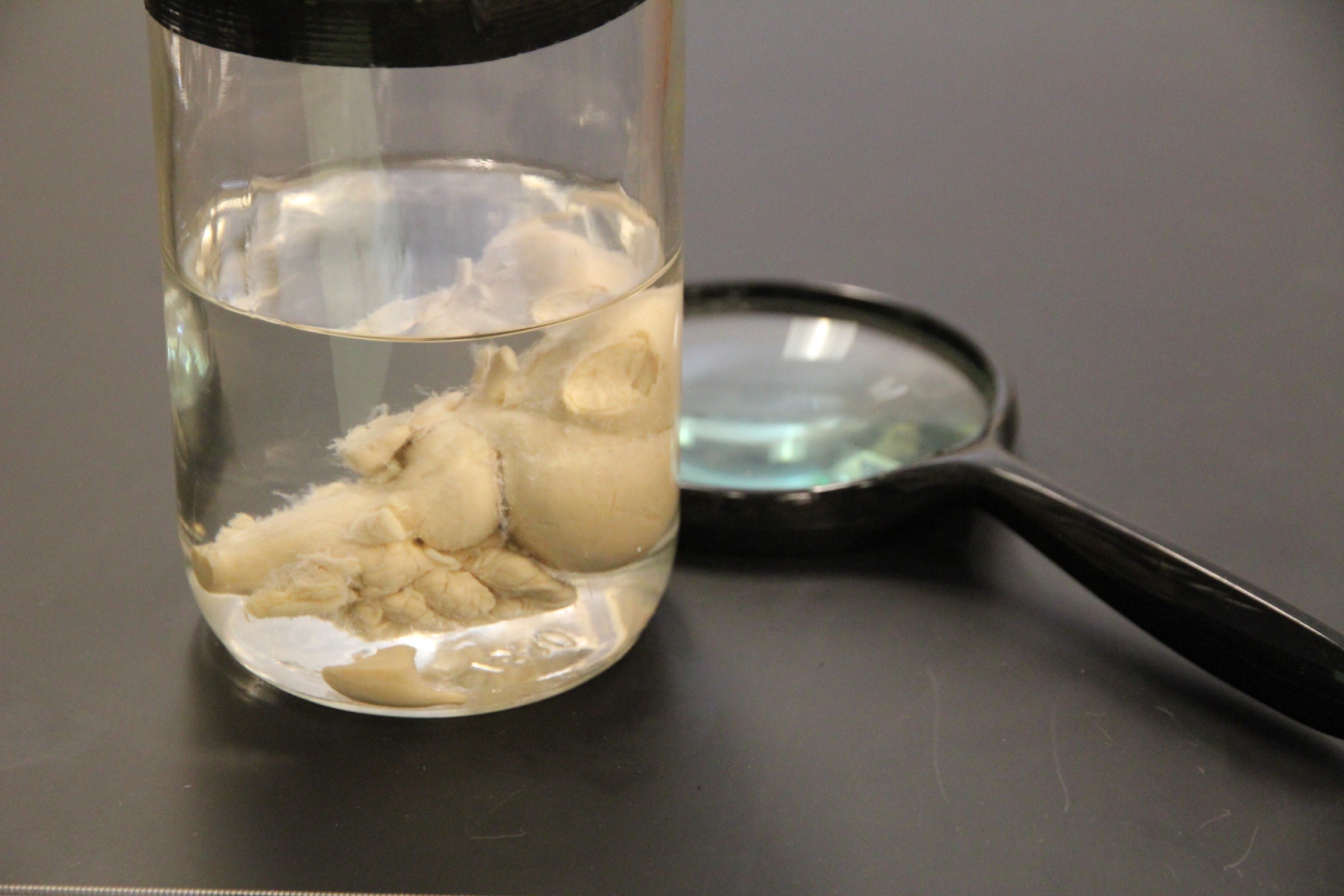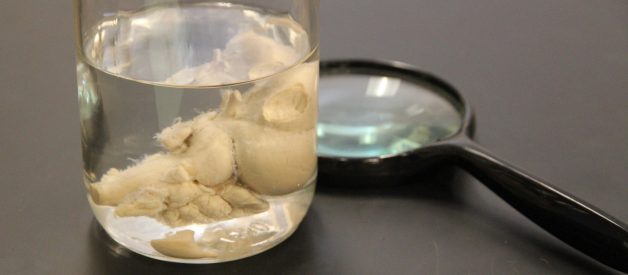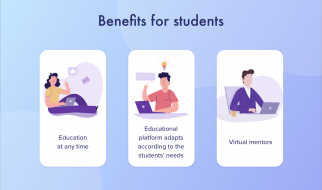What to consider when you?re considering
 This is a manta ray brain in a jar and I never said it was pretty (Photo credit: Johnnie Lyman)
This is a manta ray brain in a jar and I never said it was pretty (Photo credit: Johnnie Lyman)
Perhaps at some point during your childhood your partially-developed (and frankly, self-absorbed) brain thought to itself, ?I wonder how brains work.?
Or perhaps you?ve been doing neuroscience research and although you?d never admit this ? you kinda like poking brains. And you kinda think you could do this whole poking thing for a bit longer.
First, let?s be clear ? getting a PhD in neuroscience isn?t the only way to learn about the brain. You could go to the library and take out every book related to neuroscience. You could take online courses in neuroscience, or with some money, you could attend classes at your nearest university.
A PhD in neuroscience gives you more than just facts, though. When it?s done right, you learn a whole array of cognitive and experimental process skills. You?ll learn how to assess information, develop arguments, and think critically about work in your field. You?ll also gain know-how about techniques used to conduct your research ? anything from loading a matrix up in MATLAB or swiftly picking up a pipette with one hand and filling 100 mini tubes with ridiculously small amounts of highly valuable liquid.
These may or may not be skills that are worth your precious time. So the question is: should you spend the next 5.5 years of your life in an intense research program?
A few good reasons why you should get a neuroscience PhD
You?ll open doors to different careers, and higher (paying) positions.
There are certain jobs that require a PhD. If you?d like to be a project manager at a pharmaceutical company, for example, you?ll need a PhD. If you want to run a lab or teach at a university, you?ll also need a PhD (and very likely postdoctoral research experience). In other cases, a PhD may earn you higher pay, but not be necessary. For instance, you can be a consultant without a PhD, but it does give you a big advantage.
You?ll ? hopefully ? gain a lot of self confidence.
When you work on your PhD, you?ll primarily be working alone, making your own decisions, and grappling with the outcomes of your work. In an ideal scenario, you also have a supportive mentor and labmates, but this isn?t guaranteed. It?ll be lonely at moments, but here?s the upside: you?ll have gained experience working on a significant project that is all yours. For many folks, that can be a huge confidence booster, and it should be!
You?ll get five years of intense research experience
A small portion of the population can say that they?ve worked in a lab at all, better yet for 5.5 years on their own, independent project. This experience will give you insight into the process of science and, when done right, expose you to valuable research skills for the bench and beyond. You?ll likely gain some technical skills, sure, but you?ll also learn how to design experiments and think critically about data and outcomes.
A few misguided reasons for getting a PhD in neuroscience
You want to learn about the brain
I wouldn?t advise spending a sizable chunk of your life in a PhD program because you want to learn. First off, PhD programs don?t usually have that much coursework. Most of the learning you?ll do is on your own, and you could do that in many other ways without the opportunity cost of a PhD program.
For the money
There?s a chorus of professors somewhere maniacally laughing about this subtitle. Completing a PhD doesn?t necessarily mean you?ll make more money ? whether you make the big bucks largely depends on your career path. Across fields, people with PhDs do make more money than people with Bachelor?s or Master?s degrees, but this doesn?t take into account what those people with PhDs could have done instead. Further, there are plenty of career paths (pharmacy, biotech, data science, and consulting, to name a few) that don?t require a PhD, and pay more than many career paths in academia.
To help people
In the long run, both clinical and basic neuroscience research have an impact on humanity. I firmly believe that. But if you?re the kind of person who wants to feel like they?re doing good on a daily basis ? research isn?t the career for you. The gains in research are long term, and the impacts on human health and society are rarely immediate. You will occasionally talk to a stranger who will commend you on your contributions to society, though. And that?s rather nice.
To PhD, or not to PhD?
In my opinion, it really boils down to two reasons why you should get a PhD:
- you?re positive you need a PhD to get to the next step in your career
- you?ll just really, really love 5+ years of intense research and the value that will bring to your life
If neither of these are true, consider working in a lab for a year or two (e.g. in a postbaccalaurate program) to test the waters. If you?re feeling convinced that a neuroscience PhD is for you, let?s talk about preparing for a neuroscience program.
Like what you read here?
This article is a piece of my forthcoming book, So you want to be a neuroscientist? (Columbia University Press, December 2020). The goal is to offer aspiring neuroscientists honest, informative insight about our field as well as education and careers in it. You can pre-order the book here.
Twitter: @analog_ashley


